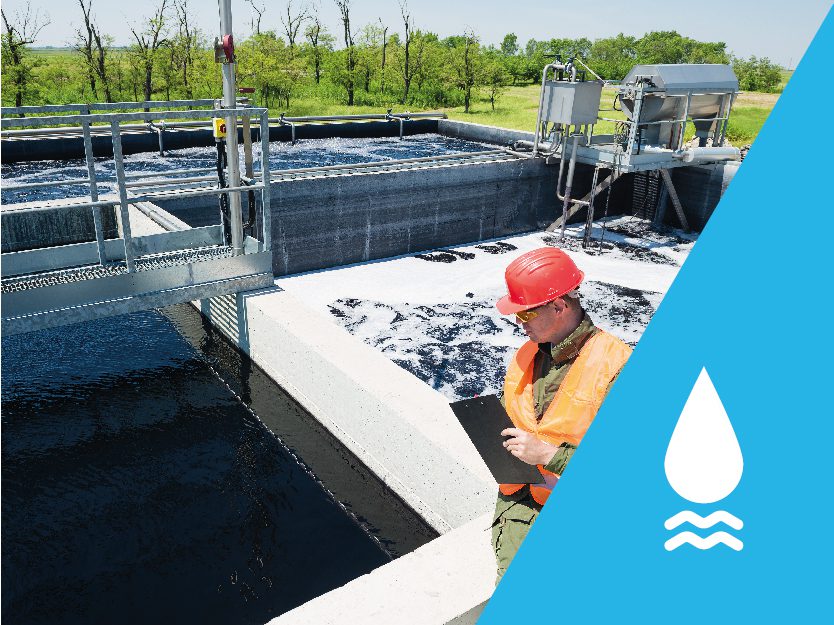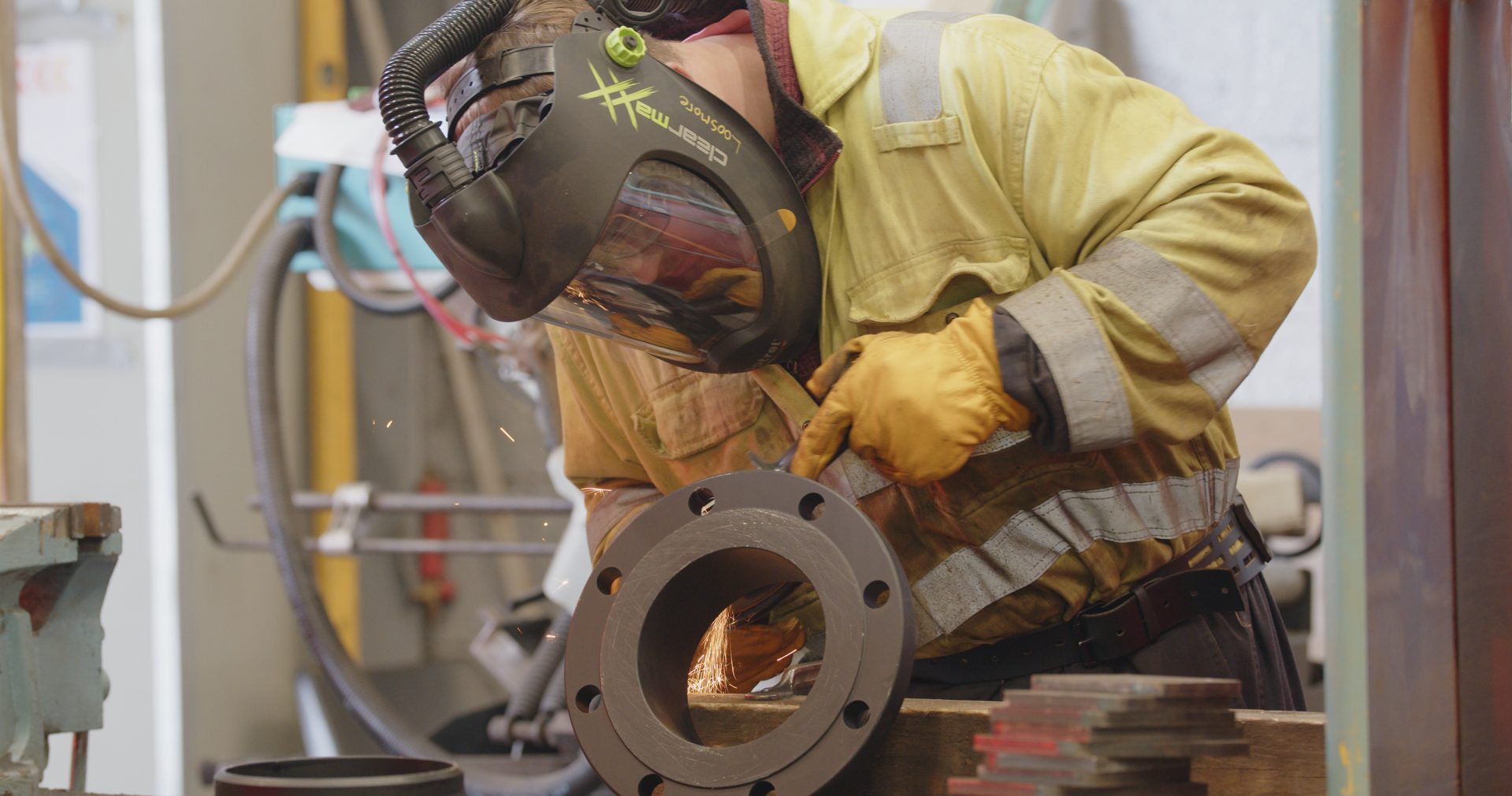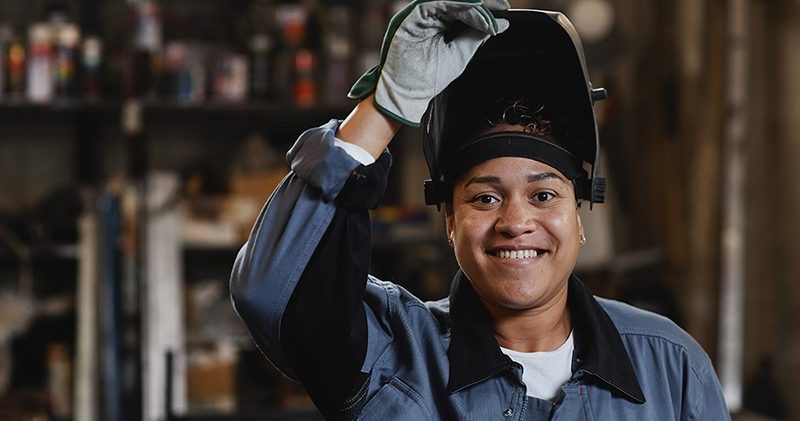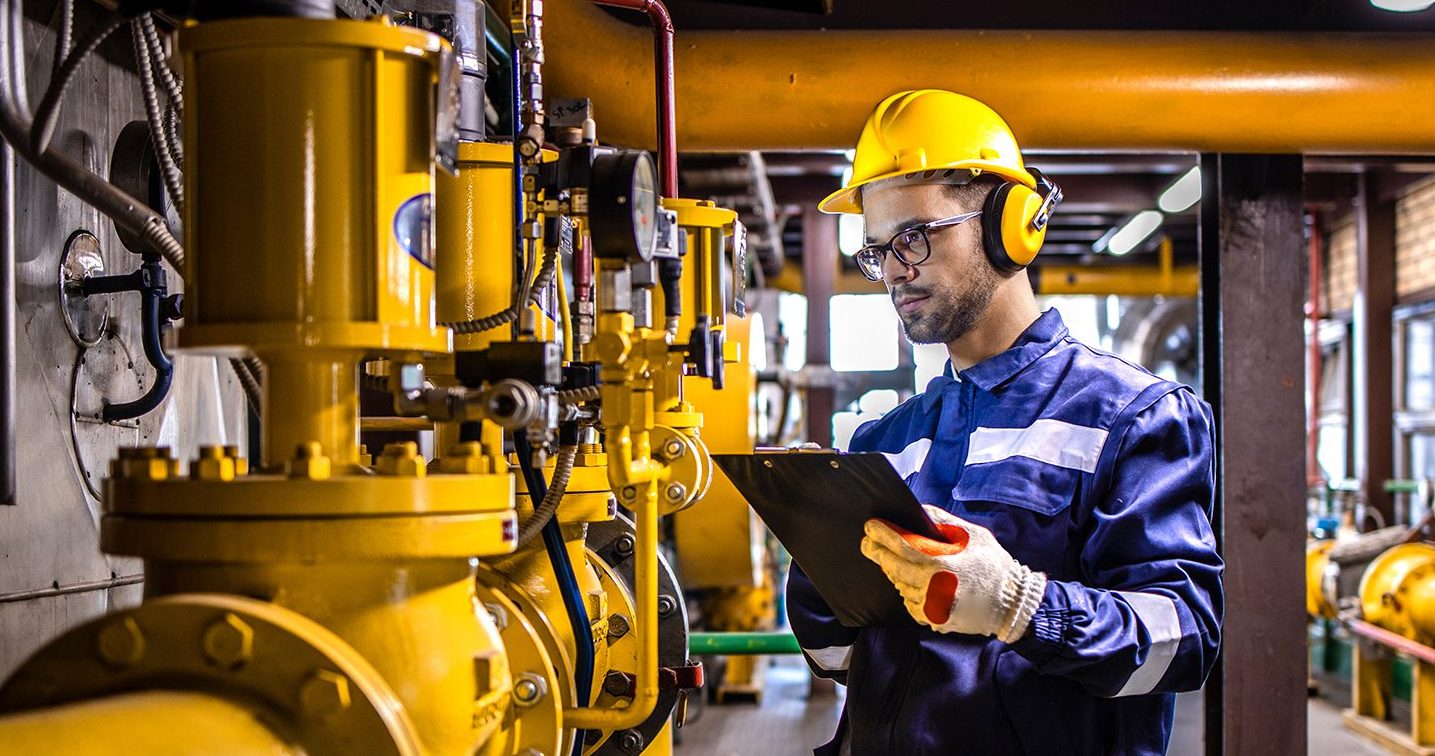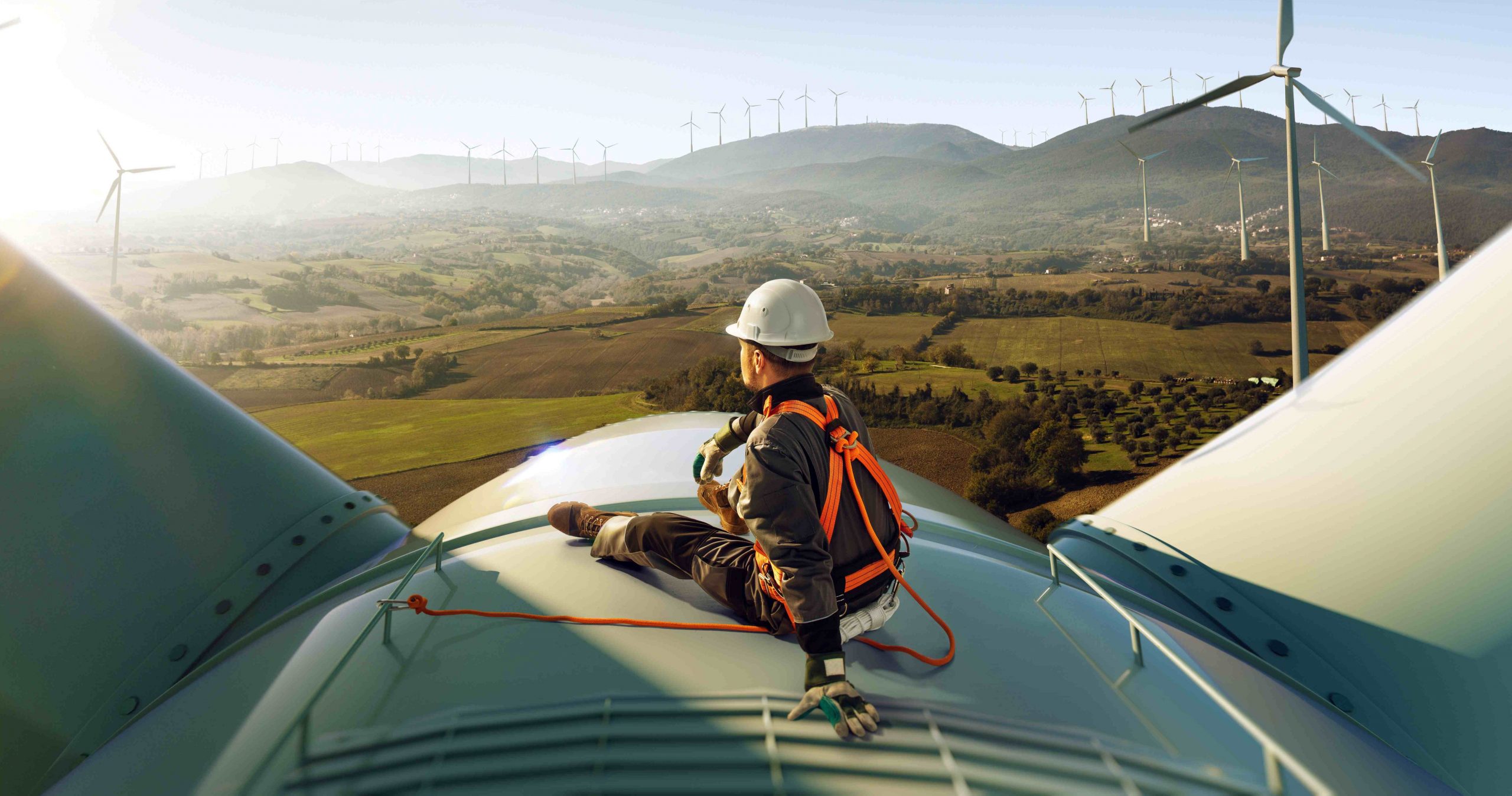
Contractors working in the water treatment sector saw their workforce decline by almost one-fifth during the pandemic – more than any other engineering construction industry (ECI) sector – according to findings from the ECITB’s Workforce Census. With almost half of the remaining workforce set to retire within the next 20 years, the sector faces challenges to recruit new employees and employers do not expect to see a recovery by 2023.
Between 2019 and 2021 the water treatment sector lost 21% of its headcount according to data gathered from 24 ECITB-registered companies working across the water treatment sector.
The sector employs a skilled workforce, with craft disciplines and engineers making up 17% and 21% of ECI workers respectively. Electrical engineers and electrical fitters are among the most prominent roles, representing 40% of engineers and 54% of craft occupations respectively.
A major challenge awaits the water treatment sector in the coming years, with 48% of the contractor workforce that is in-scope to the ECITB over 50 years old and expected to retire within the next 20 years. Only 21% of the workforce is between 25 and 39 years old compared to 33% for the wider ECI.
At the same time, ECI employers in the sector experience a greater number of hard to fill vacancies. According to the 7 companies actively recruiting, hard to fill vacancies represent the equivalent of 6% of the workforce; compared to 2.6% for the wider ECI. This helps to explain sluggish headcount growth predictions, with employers in the water sector expecting the size of their workforce to reach only 96% of 2019 levels by 2023.
Chris Claydon, Chief Executive of the ECITB, said: “Water treatment is a key sector for a number of engineering construction firms. Contractors are working to install, maintain and decommission water treatment machinery for clients like Southern Water and Severn Trent Water.
“Our workforce census data reveals some critical challenges for the sector, not least that it must do more to attract younger new entrants, an issue the ECITB is working hard to address through schemes such as our scholarship programme.
“Like most sectors the water industry is working to reduce its emissions, and has set itself the ambitious target of achieving Net Zero carbon emissions by 2030. To do so it will need a workforce with the necessary skills. The ECITB is currently developing its plan for Net Zero including the identification and planning of the skills necessary to support decarbonisation.”

Lila Thompson of British Water quoted, “British Water welcomes the findings from the ECITB’s Workforce Census as it highlights the pressing need to attract talent in a sector which has an ambitious, targeted destination for the benefit of customers and the environment. What is clear is there is a continuing need to fill the diversity gap within utilities and the supply chain. A diverse workforce- in terms of all spectrums of diversity – encourages agility, creativity and innovation.”
Conducted in Spring 2021, the Workforce Census asked engineering construction industry (ECI) employers to provide information about their workforce numbers, locations and roles. Data collected included demographic information and asked for views on workforce growth, Net Zero, Covid-19 and Brexit.
Fifty percent of the ECITB’s in-scope employers responded to the Workforce Census, representing 45,351 workers from 153 in-scope companies across 1,360 locations.
The report produced by the ECITB highlights an urgent need to address potential skills and labour shortages as employer responses show an ageing workforce and slow recruitment of new talent in some sectors. This is concerning given the workforce expansion required to deliver net zero by the Government’s 2050 deadline.

